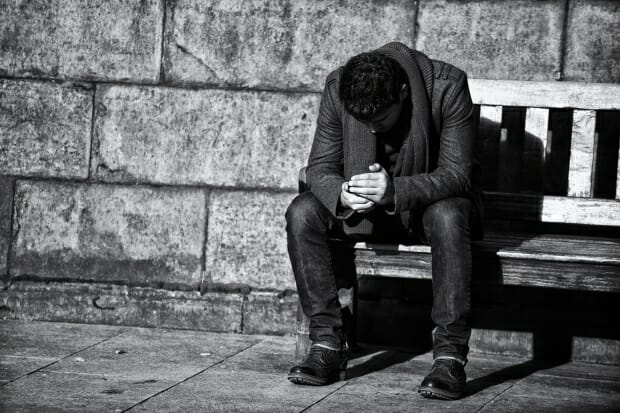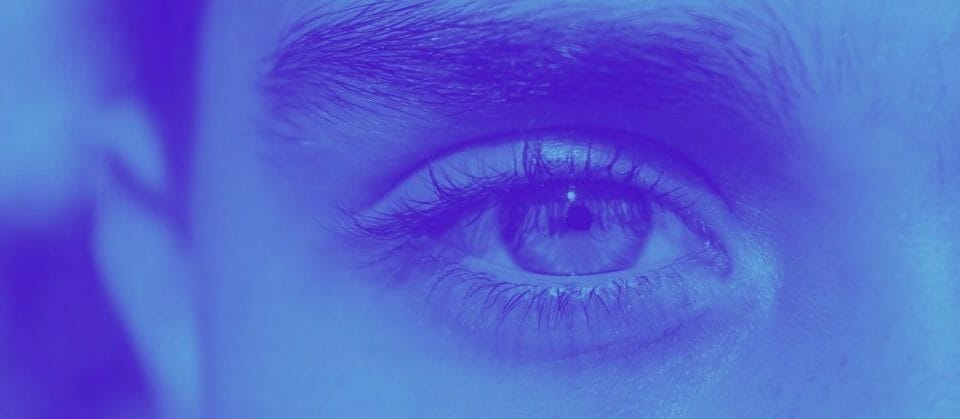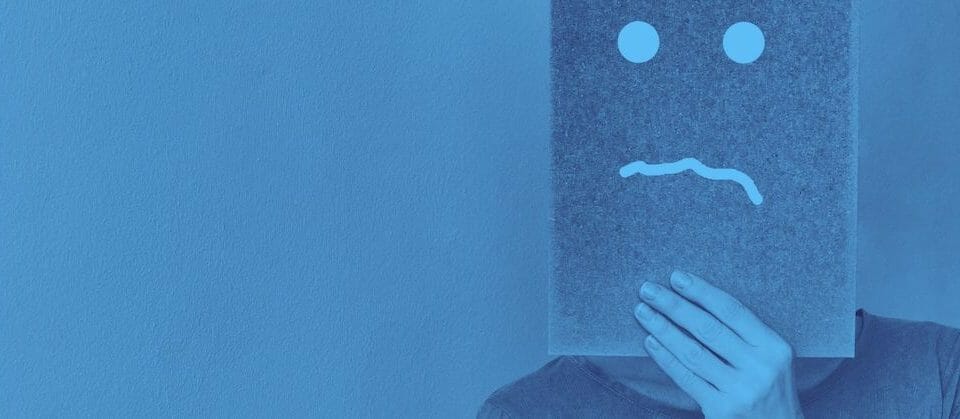
Impacts of Mild Dehydration
July 23, 2013
Depression: paying attention to your symptoms
September 20, 2013Does Facebook Cause Depression?
How many hours do you spend on Facebook per day? Facebook has become an integral part of many people’s social experience, but is this contact good for your mental health?
In 2011 at the American Psychological Association (APA) convention a researcher presented findings that frequent social media use correlates with disorders such as narcissism, bipolar disorder, antisocial personality disorder, and borderline personality disorder, along with other health-related disorders. His first social media research involved 279 middle and high school students and tracked their study habits along with their social media use. He did a follow-up study to focus on predictions and symptoms of mental health disorders.
His research has people asking, does “Facebook Depression” really exist?
In 2012, the University of Wisconsin tackled this question. Their evidence did not support the relationship between symptoms of depression and the amount of time people were on Facebook or other social media. They studied 190 students ages 18 to 23 whom they texted throughout the day for one week to track how much time the students spent online and where they spent that time. Unsurprisingly, researchers found high amounts of Facebooking and other social networking. They later tested the students for symptoms of clinical depression in relation to the amount of time spent on social networking sites, and the tests did not support the earlier “Facebook Depression” findings.
Even though linking Facebook and clinical depression may be premature, there have been other studies examining the negative effects of high amounts of social network use. An Australian psychology university surveyed over 1,000 girls ages 16-20 and found 40 percent were dissatisfied with their bodies and worried about gaining weight, and both these feelings heightened the more they used social media.
Finding your self-worth in how you look or are portrayed doesn’t stop when you reach adulthood. Do you or someone else you know post an abundance of pictures of themselves on Facebook? A recent study of adult men and women focused on the amount of photos they shared, the size of their online social network, and how indiscriminate they were with their “friending” activity. Participants filled out a questionnaire that aimed to capture information about how participants measured their self-worth as well as typical Facebook behaviors. The results showed that women, over men, identify more with their image and appearance and use Facebook to compete for others’ attention. Those women who posted the most pictures of themselves and had the largest online social network, were more invested in their appearance.
Another study by an undergraduate out of Toronto’s York University had similar results. The researcher found that narcissists as well as those with low self-esteem spent more time online and posted self-promoting photos.
Not only do people try to promote a certain image of themselves on social media, but, according to a study at Utah Valley University, Facebook and other social networking sites can make users perceive that others have a better life than they do. The more time people spent on Facebook, the less they thought life was fair and the more they thought others were happier. These feelings were magnified in users who had more “friends” who they did not know personally.
Besides causing feelings of dissatisfaction with life, a study from the University of Leipzig found that Facebook can cause intense envy, especially for passive users (those who read many friends’ posts and pictures but do not communicate much themselves). These users may be envious at the amount of feedback some of their friends received or the number of Happy Birthdays on their wall compared with their friends.
Social media can make us think that being connected means being less alone, but these connections are not always genuine. Remember, social media can be a downer.



